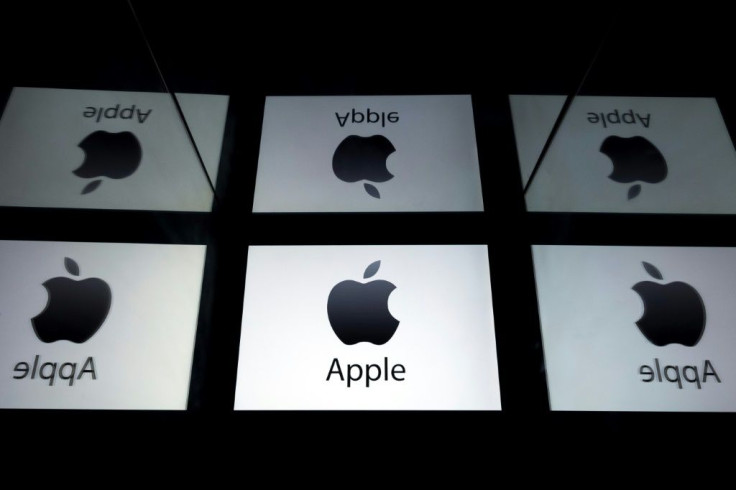Apple News: Will Supply Chain Disruptions Delay New iPhone Rollouts? It Depends

KEY POINTS
- Apple is heavily dependent on Chinese suppliers for components
- If factories in China don't normalize production before June, Apple will feel the impact
- Apple already has said it would not meet this quarter's revenue forecasts
An analyst predicted Monday it will take more than a month for Apple’s supply chain to get back to full capacity in the wake of the coronavirus outbreak.
Apple’s supply chain is heavily dependent on China, which has been forced to shut down factories and confine residents to their homes to stem the spread of COVID-19.
Apple (AAPL) stock plunged Monday along with the rest of the market, falling to $289.28 in early trading but recovered to $300 near the end of the trading day.
Wedbush analyst Daniel Ives said disruptions could last into June and delay the fall release of the new iPhone for months, but he said it’s more likely supplies will normalize by late April or early May, causing just minimal delays, if any.
“All the street’s focus is on the supply chain and gauging when some form of normalization begins around iPhone production throughout China,” Ives said in a research note.
Ives said, however, he’s not all that concerned, given the promise of 5G and Apple’s focus on the product cycle.
"Our hand holding thesis since this coronavirus outbreak began is that it is primarily a timing issue for iPhone demand and ultimately once the supply chain gets back towards full capacity the Apple renaissance of iPhone growth story will resume,” he said. He also predicted demand in China would rebound between June and September.
Apple last week tamped down expectations, saying it would not reach this quarter’s revenue forecast of $63 billion to $67 billion because of work slowdowns and sagging demand in China where there have been tens of thousands of infections and more than 2,400 deaths.
“We believe any material weakness in Apple shares as a result of the March 20 quarter revenue shortfall will prove to be a buying opportunity,” analysts at Piper Sandler wrote in a client note.
“The iPhone supply constraints in the current quarter could result in pent-up demand for future quarters.”
© Copyright IBTimes 2024. All rights reserved.






















